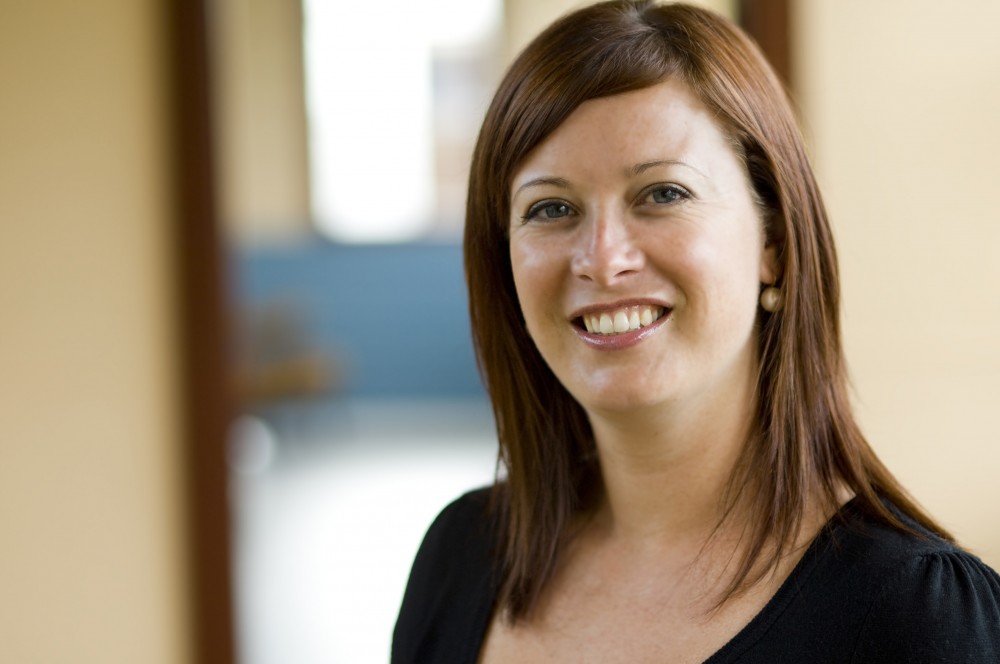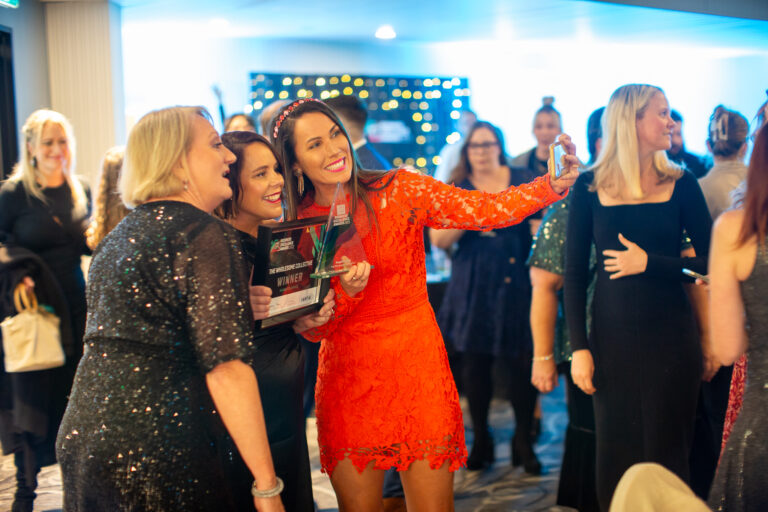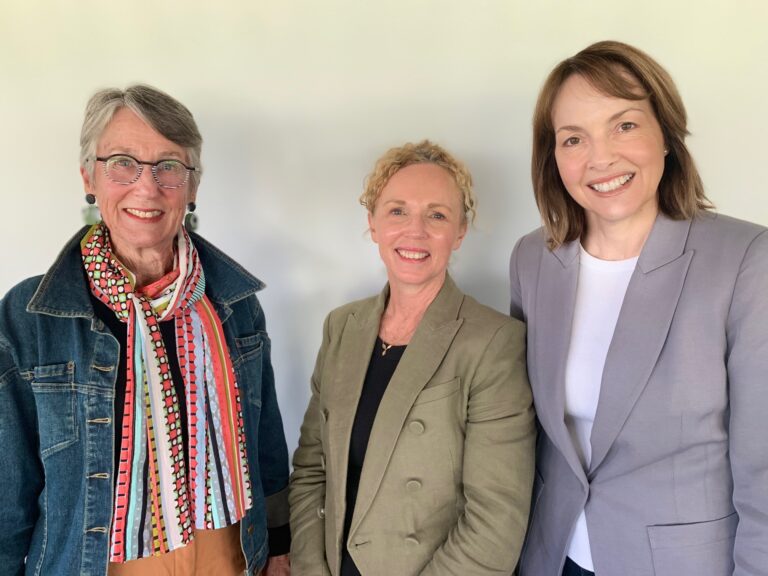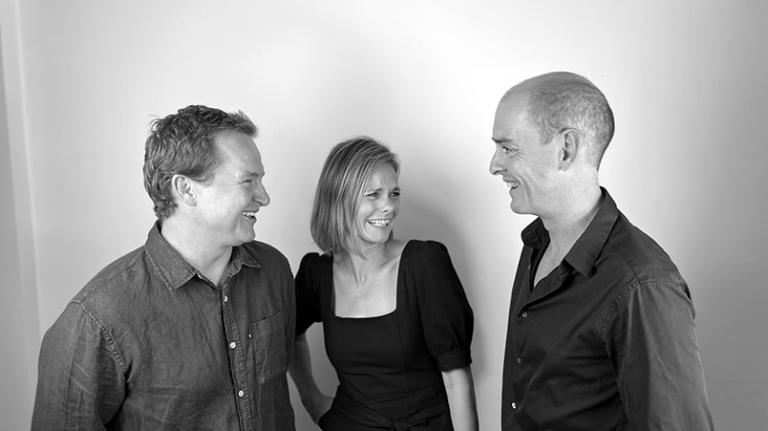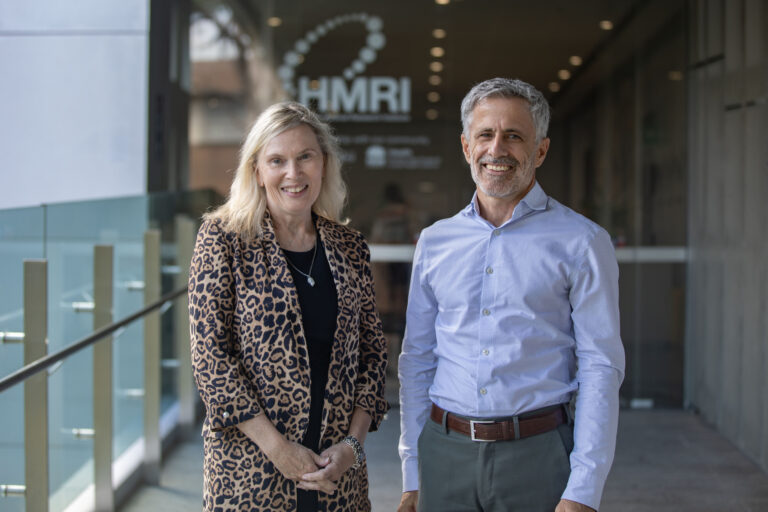Jaelea Skehan is an internationally respected leader in the prevention of mental illness and the prevention of suicide. In 2014 she was announced as one of Australia’s 100 Women of Influence, a national honour highlighting the important contribution women make in creating a bold and diverse future for Australia.
Born and raised in Newcastle, Jaelea has worked at the Hunter Institute of Mental Health since 2001, which she now leads as their first female Director.
Jaelea has worked across a range of settings and sectors and has been instrumental in the development of flagship programs for the Institute.
For a snapshot of our audiovisual interview with Jaelea, please view the above video.
TO READ THE EDITED INTERVIEW TRANSCRIPT, PLEASE SEE BELOW.
- What was your reaction when you found out you were on the Women of Influence list?
It was quite a surreal experience; I had a range of emotions. I actually found out late in the evening and had to read the email a couple of times to see if I had read it correctly.
I was initially excited and I have remained excited for my sector. I think it’s important to have women acknowledged who work in mental health and the health industry. It’s been a great opportunity for my organisation to connect with other sectors and other stakeholders that we wouldn’t normally.
I felt quite humbled and a bit uncomfortable as well. I often reflect and wonder if that’s a female trait or whether it’s a general human trait that we’re not good at taking personal acknowledgement.
So I had a range of emotions, while I was pleased and thrilled it also made me face what personal recognition means as opposed to organisational recognition ‚Äì which we’re more comfortable with.
- If there were one thing you could change about your industry, what would it be?
We’re currently having really important conversations nationally about how we need to reform and change the mental health system so that it can be more responsive to people when they need support and how they best need it, by using technology or by using different community models of care.
Sometimes what we miss in that big conversation is about having a vision for the future.
That vision needs to include us having less people develop mental illness in the first place and less people living with the impact of mental illness. So while we’re having conversations about treatment and support, we also need to be talking about how we are going to map out a path so we can start reducing the risk factors, build resilience and skills from the earliest of ages through to adult, so that people can live the healthy and happy lives.
- As a nationally recognised leader, what values do you believe a leader should embrace?
Leaders in different industries have different qualities or require different things.
Leadership isn’t about position, it’s about vision. What I like to see in a leader is that they are questioning their purpose and vision. It should be about change and having a new way, and then looking how you mobilise and motivate people to come with you on that journey and encourage them to come with you.
You’re not a leader unless you have followers.
- How do you define the difference between a Manager and a Leader?
Leadership is about direction and big picture. It’s about vision, but also having the tools of knowing how to get there ‚Äì not just having a ‘pie in the sky’ idea.
Management is about the processes to make that happen. It’s about how you dedicate your resources and your people to a particular task.
Leadership comes not necessarily from the top, but can come from anywhere in the organisation. Management comes with a level of responsibility.

